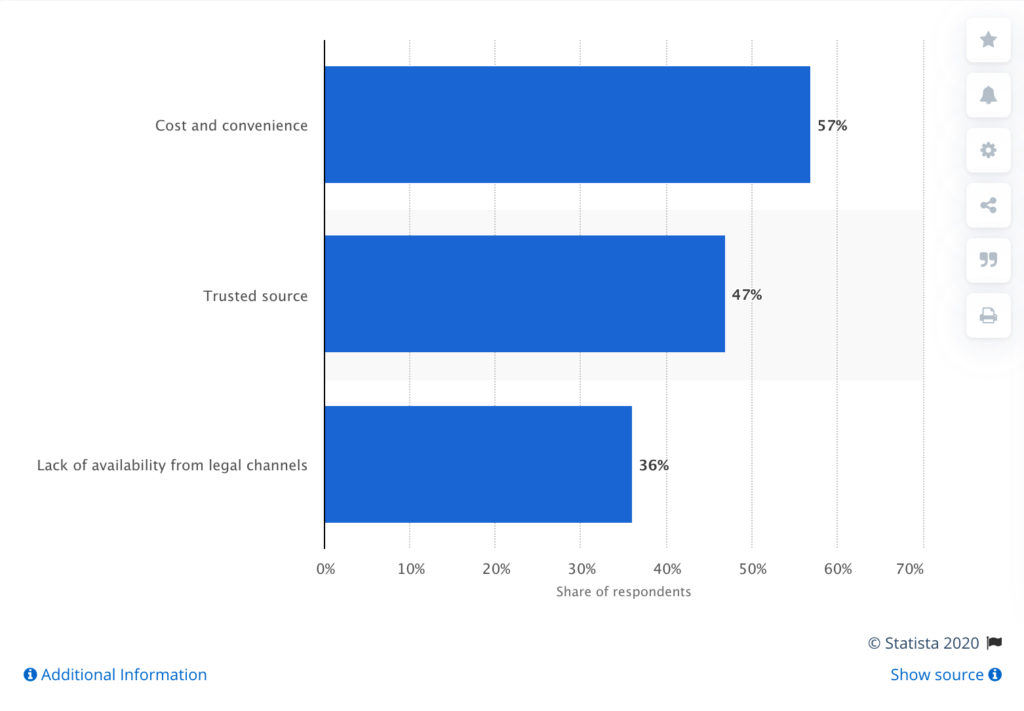How Does the Illegal Market Impact the Cannabis Industry?
Marijuana experts believed that legalizing recreational use would decrease illegal trade and smuggling. This has not always been the case. In some places, the illegal market has grown when recreational cannabis was legalized.
Canada legalized recreational cannabis use two years ago. According to a recent Bloomberg report, legal consumption still lags relative to the illegal market.

Why Is The Illegal Market Still Strong
Because there is no federal cannabis regulation, states determine the US market. The results vary. California’s black market has grown since the state legalized. Washington and Oregon have had problems too.
Why?

“One major problem with the presence of illegal markets in a state where marijuana is legalized is that law enforcement has no way of knowing where the consumer purchased the marijuana,” writes Adeline Dixon in Legalization of Marijuana and Its Effects on Licit and Illicit Markets in the United States. “This ambiguity in a products origin has allowed for illegal farms to thrive by offering a lower price than the premium rate of legalized marijuana.”
Many consumers buy illegally simply because it’s more available and cheaper. This disparity is the result of fees and red tape imposed upon the legal industry.
Smuggling is also an issue. Farmers will grow cannabis legally in one state to sell illegally in another. Due to state imposed taxes and regulations, it’s often more profitable to sell illegally.
COVID’s Impact on Market Competition
During the quarantine consumers returned to the legal cannabis industry. Customers preferred a legitimate legal market because it felt safer. Yet another reason why cannabis businesses are posied to bounce back from COVID-19.
Want to stay updated on the latest cannabis industry news? High Performance highlights experts and important insights in the cannabis field daily on our socials.





